SINGAPORE: Singapore's non-oil domestic exports (NODX) rose by 5.4 per cent in March, with growth slowing from the 7.6 per cent that was observed in February.
Both electronics and non-electronics saw a growth in March, according to data released by Enterprise Singapore (EnterpriseSG) on Thursday (Apr 17).
"Non-electronics grew at half the pace in February, while electronics grew from a low base," said EnterpriseSG in a media release.
A Reuters poll had forecast growth of 14.1 per cent.
EnterpriseSG added that it "is actively monitoring the evolving tariff situation and will adjust the 2025 NODX forecast as necessary to reflect changing market conditions".
On a year-on-year basis, electronic product exports rose by 11.9 per cent in March, following a 6.9 per cent increase in February.
PCs, disk media and integrated circuits contributed the most to the growth in electronic product exports, rising by 121.4 per cent, 35.7 per cent and 6.5 per cent respectively.
Non-electronic product exports increased by 3.8 per cent in March, with growth moderating from the 7.7 per cent seen in the previous month.
The biggest growth was seen in the structures of ships and boats, non-monetary gold and pharmaceuticals.
EnterpriseSG did not provide the growth rate for the structures of ships and boats sector, as exports in the sector rose from a low base to increase by more than 1,000 per cent.
Growth in non-monetary gold and pharmaceuticals was 64.7 per cent and 24.9 per cent respectively.
NODX to Taiwan, Indonesia and South Korea grew in November by 45.7 per cent, 63 per cent and 21.6 per cent respectively, while NODX to China declined.
Non-oil re-exports (NORX) grew by 5.5 per cent in March, after an expansion of 12.7 per cent in the previous month.
Re-exports of electronic products rose 9.2 per cent in March, while non-electronic products saw growth of 1.3 per cent.
NORX to the United States, Taiwan and Hong Kong grew by 92.2 per cent, 77.8 per cent and 13.8 per cent respectively in March.
Total trade increased by 3.4 per cent year-on-year in March following the 4.6 per cent growth in the previous month.
Both exports and imports grew – by 2.3 per cent and 4.6 per cent respectively.
On Apr 2, US President Donald Trump imposed a universal 10 per cent levy on all imports into the country, with higher rates for countries deemed to have treated the US "unfairly".
Singapore, which currently imposes zero tariffs on US imports, is facing the baseline 10 per cent tariff rate.
Trump has since hit the pause button on imposing higher levies on its trading partners – except China – for 90 days.
Earlier in the week, Singapore downgraded its gross domestic product (GDP) growth forecast for 2025 to 0 per cent to 2 per cent, citing the impact of Mr Trump's tariffs on global trade.
The Monetary Authority of Singapore (MAS) also loosened monetary policy for the second time in a row and lowered core inflation expectations for the year.
The Ministry of Trade and Industry (MTI) said earlier this month that tariffs imposed by Trump and the ongoing trade war between the US and China are expected to "weigh significantly on global trade and global economic growth".
The growth outlook of economies in the region will be "negatively affected" by a fall in external demand, partly due to the tariffs' wider impact on global trade and growth, MTI said.
"Business and consumer sentiments will also be dampened, thereby crimping domestic consumption and investments in many economies," MTI added.
Ms Selena Ling, chief economist of OCBC, told CNA earlier that the broad-based nature of the tariffs may mean there are knock-on implications on Singapore's shipping, logistics and financial hub activities.
If China and Southeast Asian countries see slower trade and economic growth, Singapore will suffer, she said.
While Singapore "may or may not" slip into recession this year, the economy will be significantly impacted, Prime Minister Lawrence Wong said on Apr 8.
"Slower growth will mean fewer job opportunities and smaller wage increases for workers. And if more companies face difficulties or relocate their operations back to the US, there will be higher retrenchments and job losses," he added.
Beyond immediate concerns, Mr Wong said the tariffs confirm the stark reality that "the era of rules-based globalisation and free trade is over".

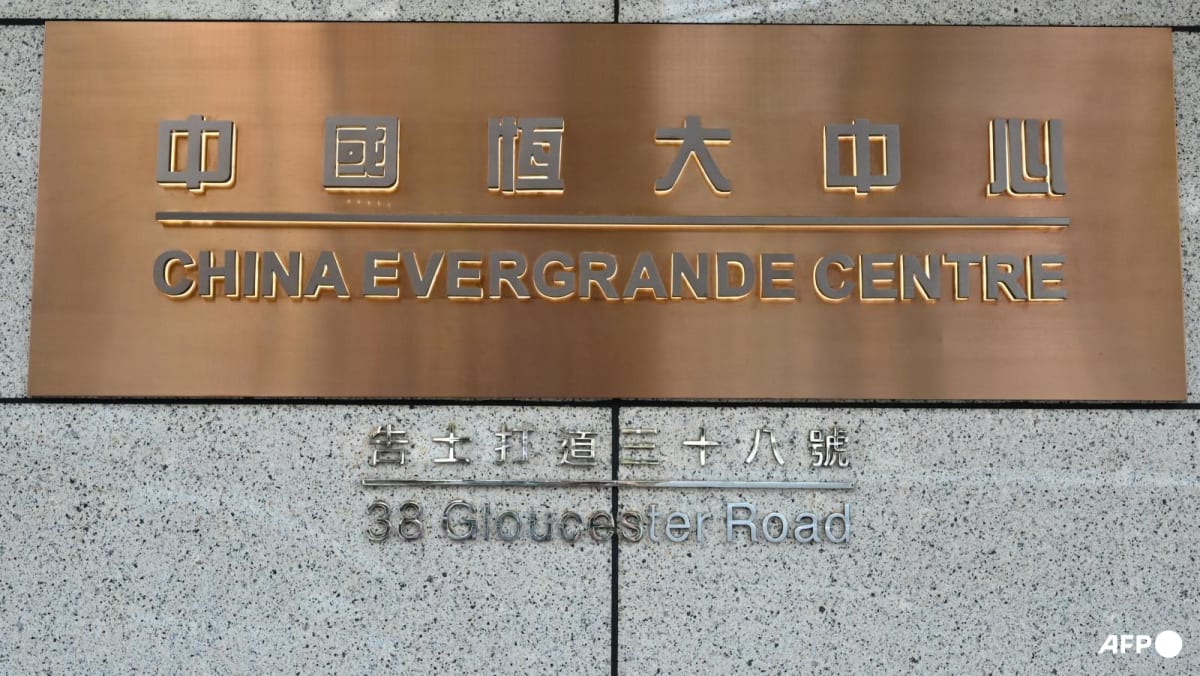
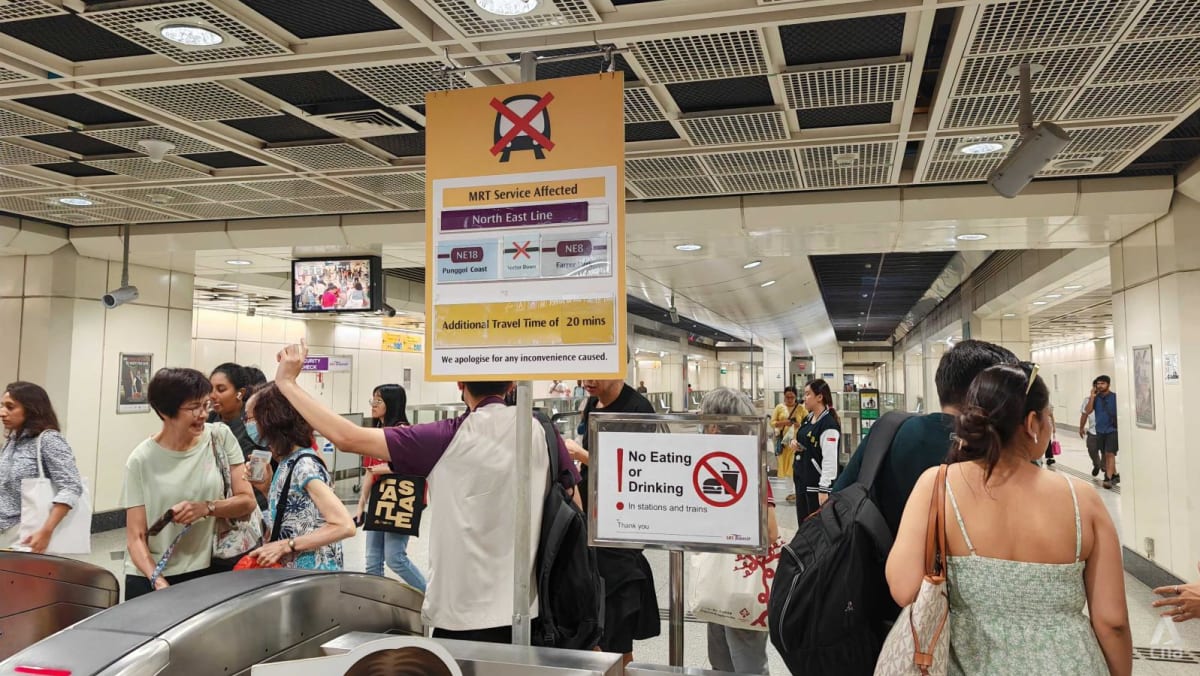
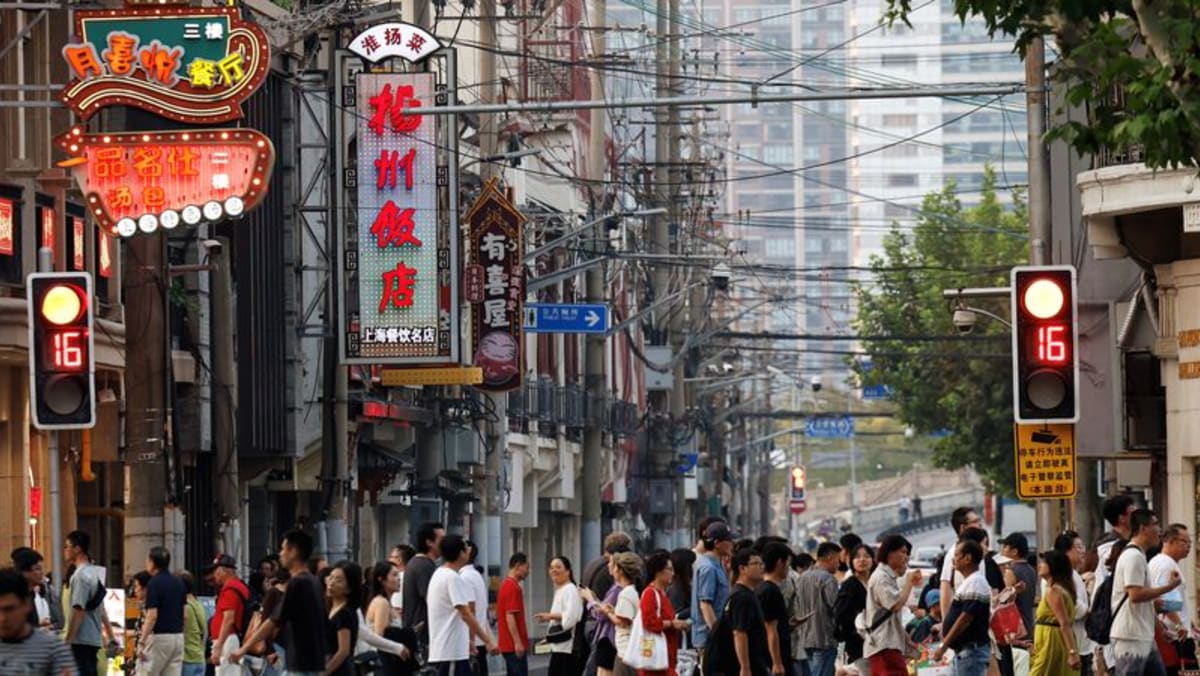
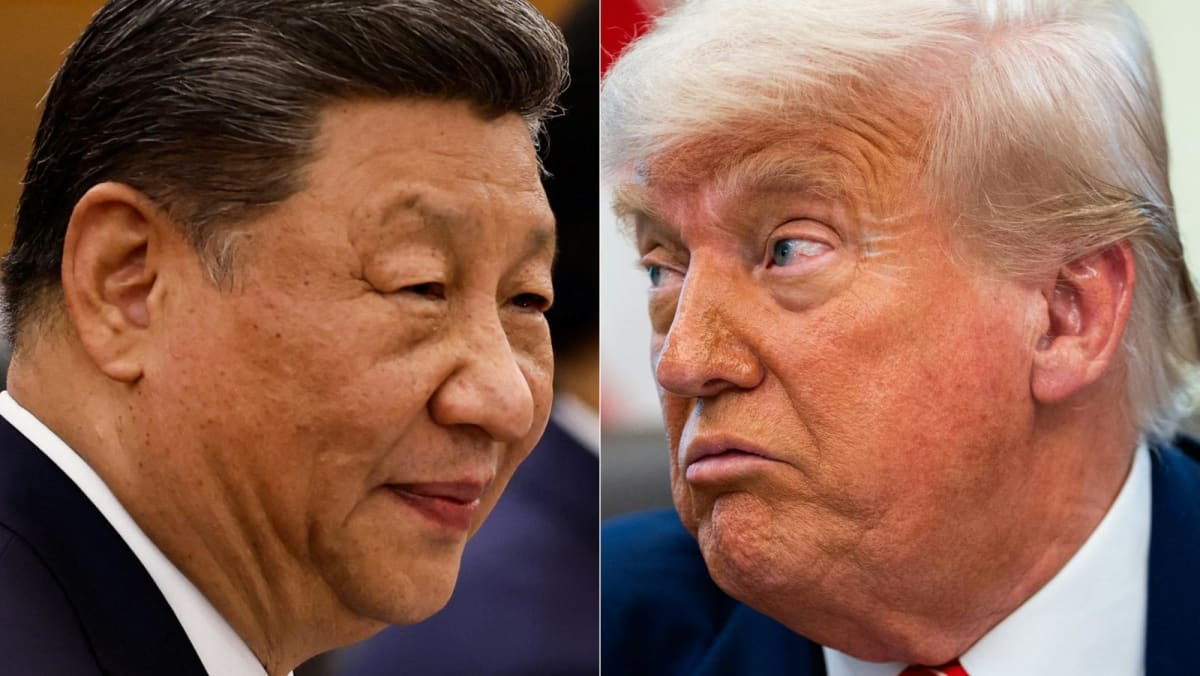


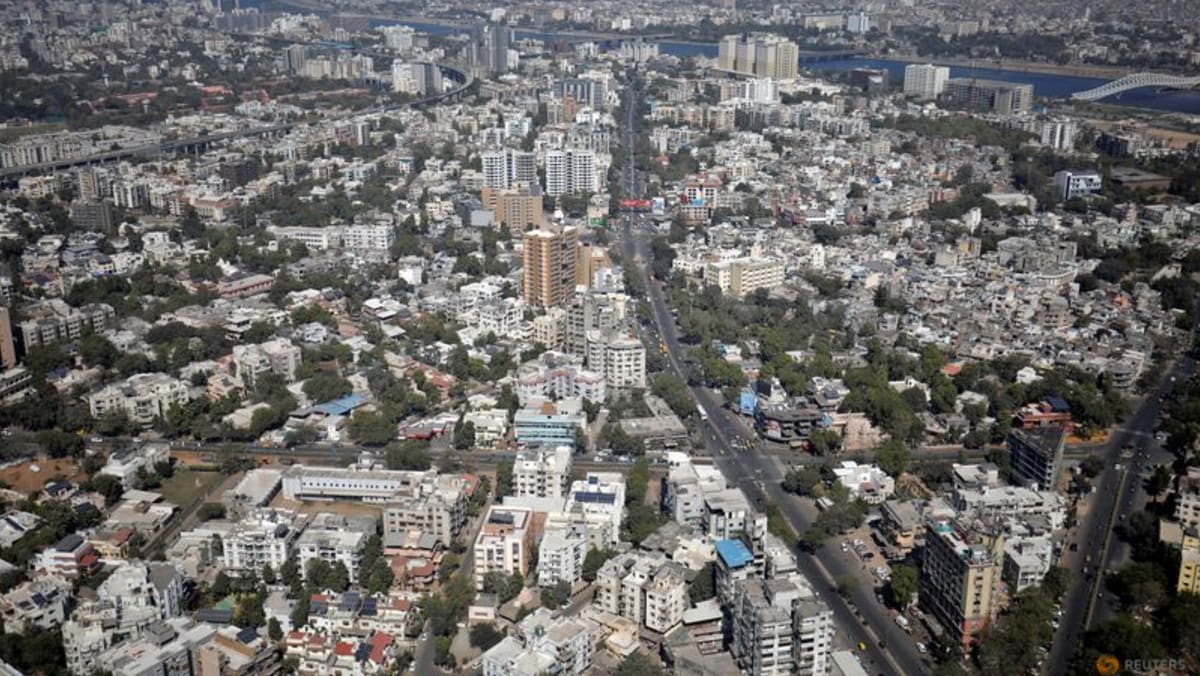



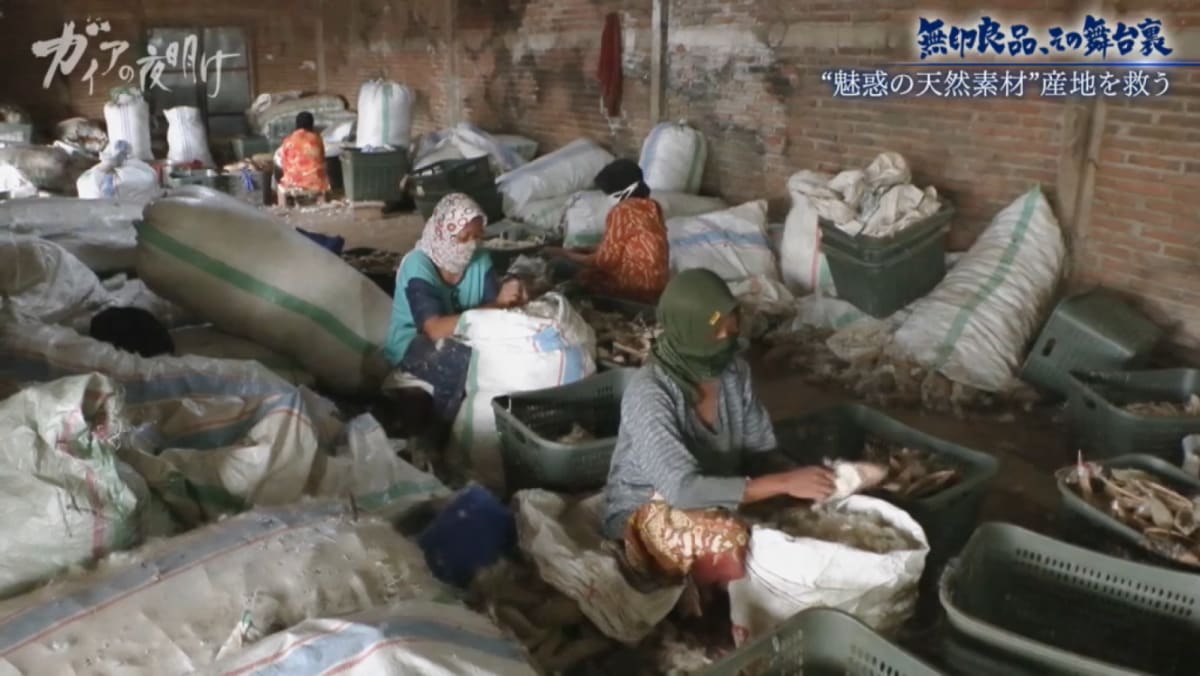

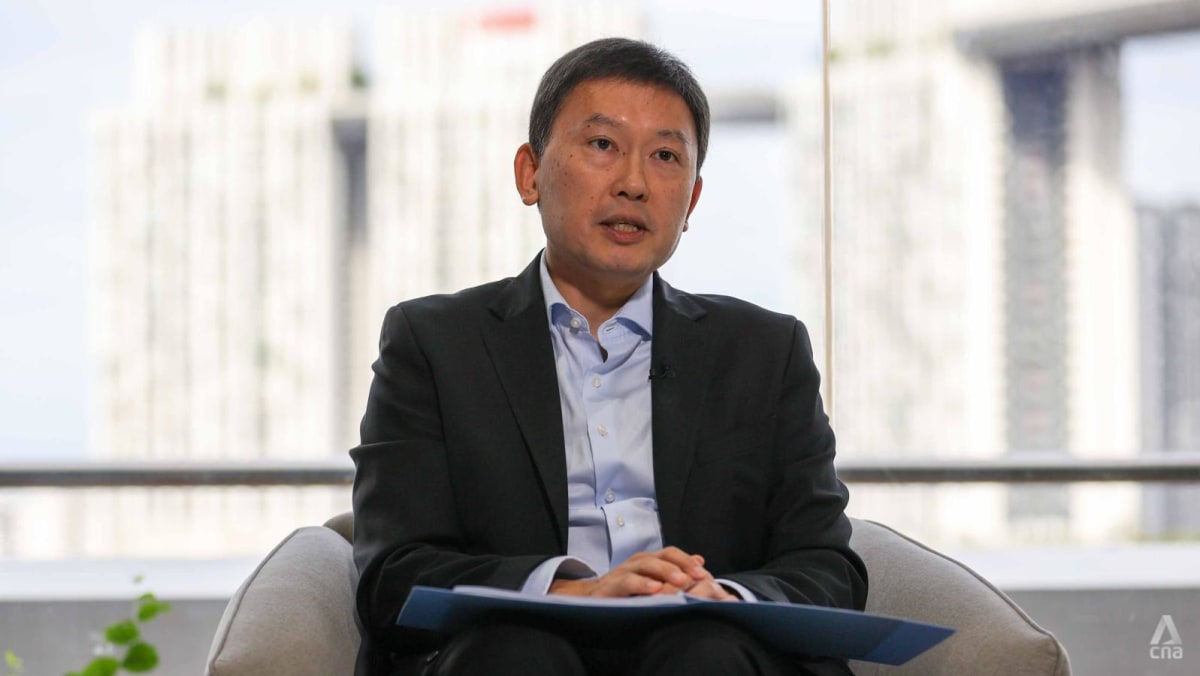
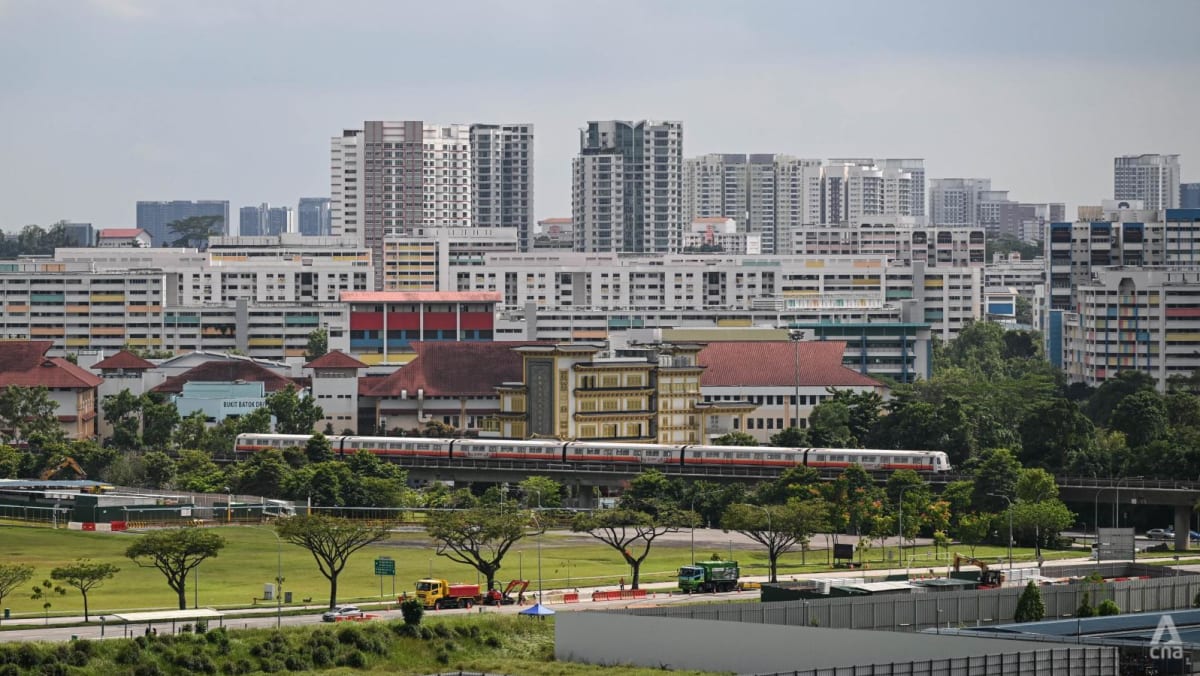



















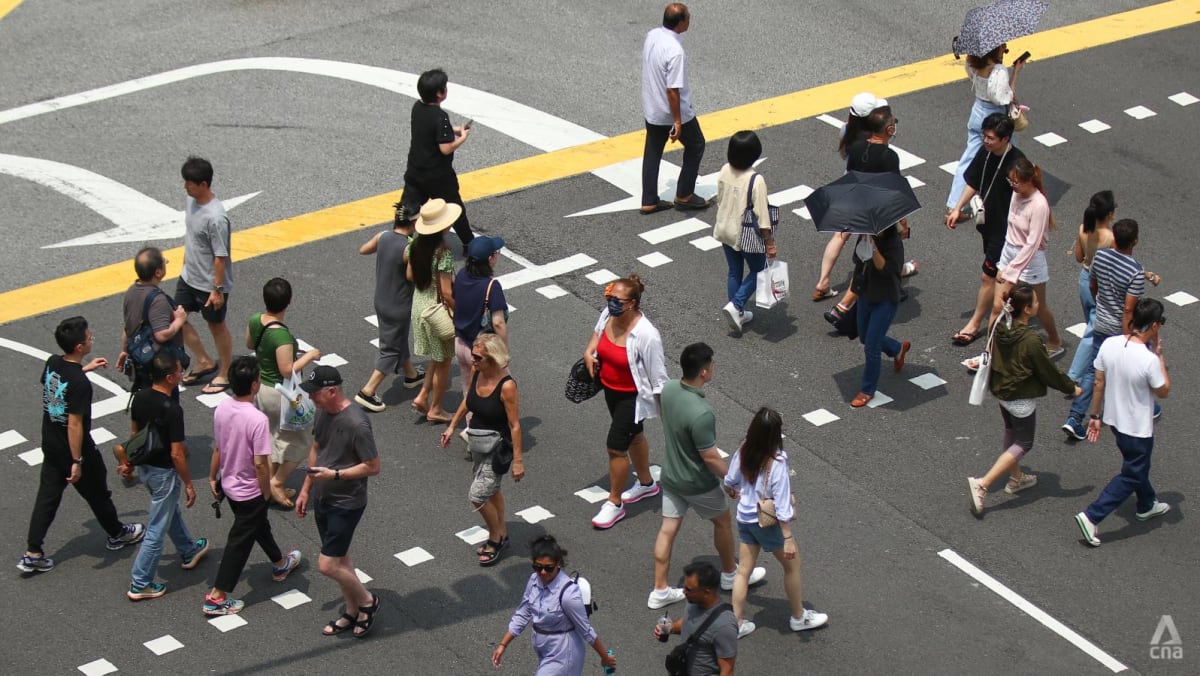












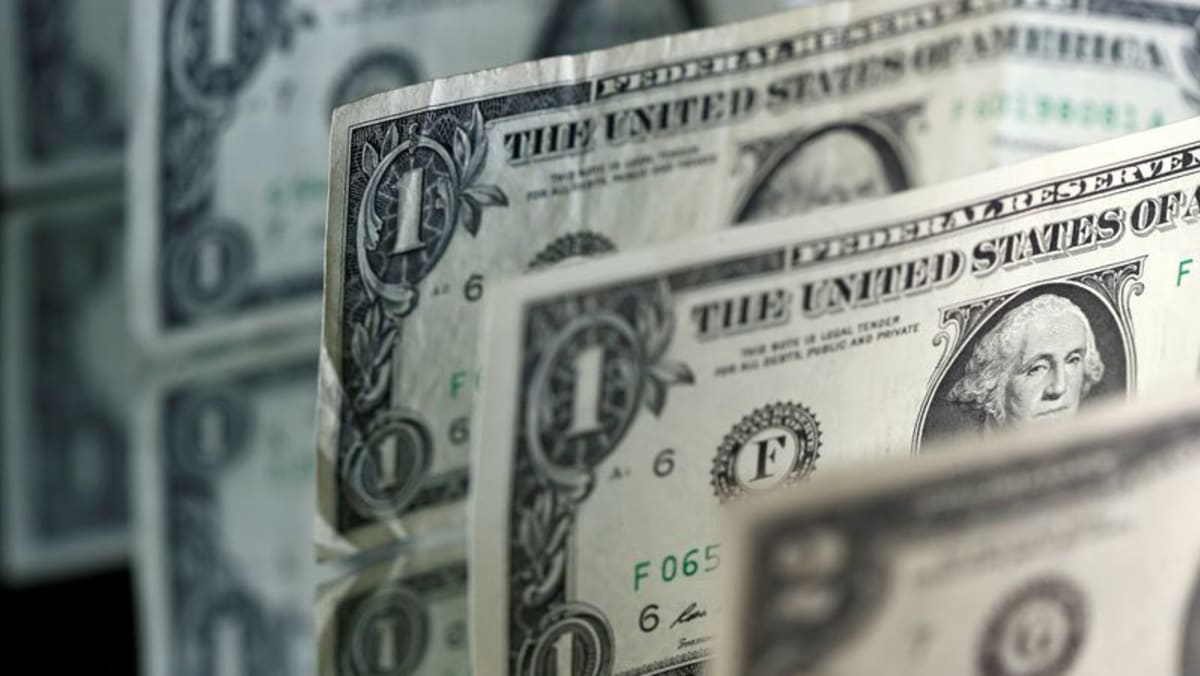
.png?itok=erLSagvf)

